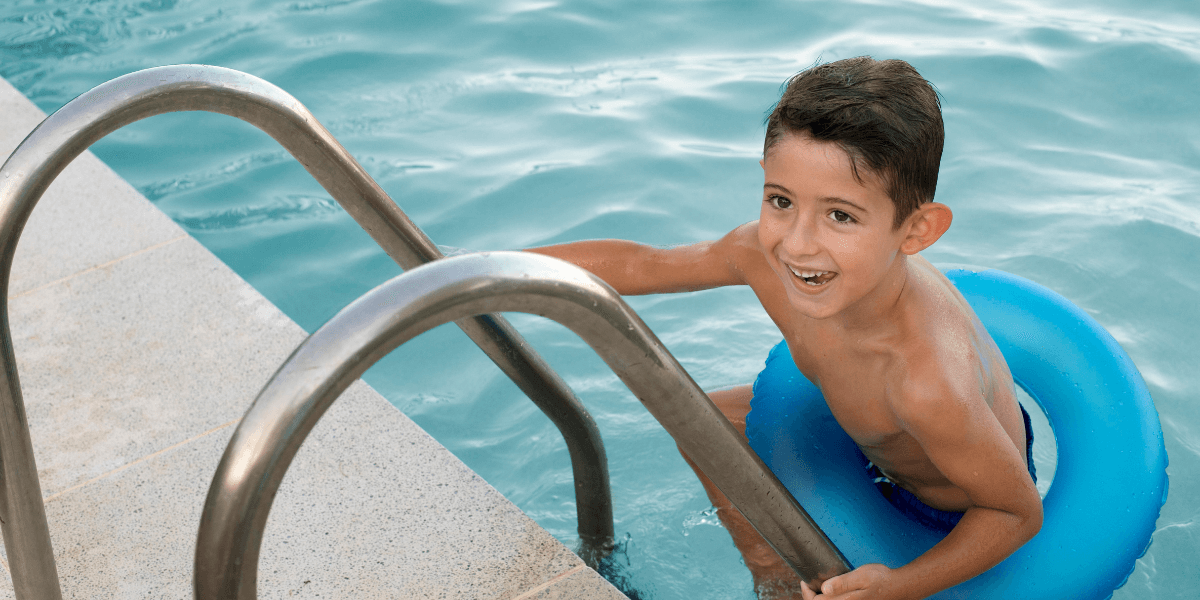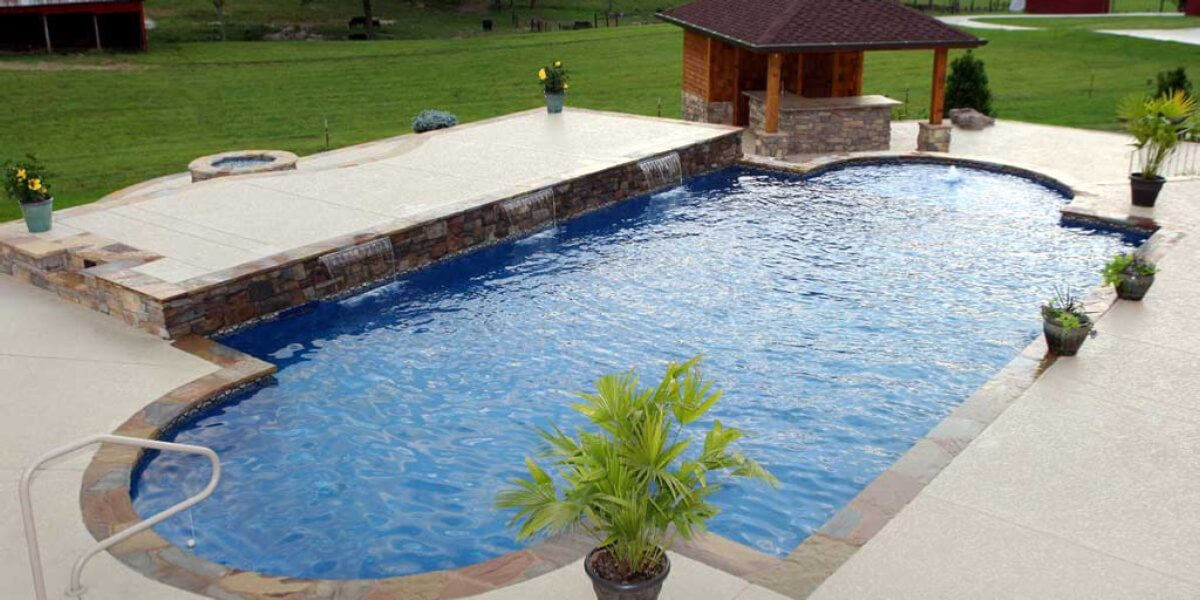For families, having a swimming pool or hot tub in the backyard is a wonderful way to enjoy outdoor time, relax, and create lasting memories. However, safety is a top priority—especially when young children are involved. Accidents around water can happen quickly, making it essential to implement strong safety measures.
In this blog, we will discuss hot tub safety, including rules, safety signs, and general precautions around pools. Whether you have an in-ground pool, a hot tub, or both, taking the right steps can help keep your family safe while enjoying these outdoor amenities.
Why Water Safety Matters
Drowning is a leading cause of accidental death in children, with home pools and hot tubs being common locations for incidents. Even non-fatal accidents can lead to serious injuries. Parents and caregivers can significantly reduce risks and create a safe environment for their families by implementing proper safety precautions.
Hot Tub Safety: What Parents Need to Know
Hot tubs provide relaxation and hydrotherapy benefits but pose specific safety concerns for children. Here are essential precautions to follow:
1. Set and Enforce Hot Tub Safety Rules
Some essential hot tub safety rules include:
- Children under five years old should not be allowed in the hot tub due to the high water temperature.
- Always keep an eye on children when they are in or near the hot tub.
- Never allow running or rough play near the hot tub.
- Keep long hair tied back to avoid getting caught in drains or jets.
- Set a time limit—children should not stay in a hot tub for more than 10-15 minutes.
2. Maintain Safe Water Temperature
Water temperature should never exceed 104°F (40°C). For children, keeping the water at a lower temperature, around 95°F (35°C), is recommended to prevent overheating and dehydration.
3. Supervision is Key
Drowning can happen silently and within seconds. Always have a responsible adult supervise children when they are near or in the hot tub. Never rely on floatation devices alone as a safety measure.
4. Install Proper Barriers
A secure, locking hot tub cover is essential when the tub is not in use. This prevents children from accessing it unsupervised. For extra protection, add a fence or safety gate around the hot tub area.
5. Educate Kids on Hot Tub Safety
Teach children about the potential dangers of hot tubs and why safety rules must be followed. Tell them that hot tubs differ from swimming pools and require different precautions.
Pool Safety Measures for Families
While hot tub safety is crucial, pools require even more extensive safety measures. Here’s how to keep your pool area secure:
1. Secure the Pool with Fencing
Installing a fence around the pool is the most effective way to prevent accidents. The fence should:
- Be at least 4 feet high.
- Have a self-closing, self-latching gate.
- Have vertical bars no more than 4 inches apart to prevent climbing.
2. Use Pool Covers and Alarms
When not in use, a pool cover adds an extra layer of security. Pool alarms, which alert you when someone enters the water unexpectedly, can also be a valuable safety tool. Check local regulations, as some areas require these safety features by law.
3. Establish Pool Safety Rules
Just like with hot tubs, set clear rules for pool use:
- No running or rough play near the pool.
- No diving in shallow areas.
- Always swim with an adult present.
- Never push or dunk others in the water.
4. Teach Kids How to Swim
Formal swimming lessons can significantly reduce drowning risks. Enroll children in age-appropriate swim lessons and ensure they understand how to safely float, tread water, and exit the pool.
5. Designate a Water Watcher
When kids are swimming, assign a responsible adult as the “water watcher.” This person should focus solely on supervising swimmers—no distractions like phones or reading.
Hot Tub Safety for Kids: What Parents Should Consider
While pools often receive more attention regarding child safety, hot tubs require just as much vigilance. Warm water and powerful jets can create risks if not managed properly.
1. Age Restrictions for Hot Tubs
Children under five should not be allowed in hot tubs. Their bodies regulate temperature differently from adults, putting them at risk of overheating.
2. Limit Soaking Time
Even older children should not spend too much time in a hot tub. Limit sessions to 10-15 minutes and encourage kids to take breaks to cool down.
3. Prevent Accidental Access
Hot tubs should be securely covered with a locking lid when not in use. This prevents young children from climbing in unsupervised.
The Importance of Hot Tub Safety Signs
Consider placing signs that include:
- Maximum water temperature guidelines.
- No diving or jumping instructions.
- Adult supervision requirements.
- Emergency contact information.
How Pool Designers Can Help Improve Safety
Working with pool designers can significantly affect safety when planning a new pool or hot tub installation. They can:
- Recommend the best placement for fencing and barriers.
- Install safety features like self-latching gates, pool alarms, and non-slip surfaces.
- Ensure compliance with local safety regulations.
- Design a child-friendly pool area with gradual slopes and shallow play zones.
Additional Safety Measures to Consider
- CPR Training: Every parent and caregiver should learn child and infant CPR in case of an emergency.
- First Aid Kit: Keep a stocked first aid kit near the pool or hot tub area.
- Hydration: Encourage children to drink plenty of water before and after using a hot tub or pool to prevent dehydration.
- Sun Protection: Apply sunscreen and provide shade to prevent sunburn, especially during peak sunlight hours.
Final Thoughts
Creating a safe environment around pools and hot tubs requires supervision, barriers, and education. By following hot tub safety measures, enforcing hot tub safety rules, prioritizing safety for kids in the hot tub, and using hot tub safety signs, families can reduce risks and enjoy their outdoor spaces worry-free.
Working with professional pool designers ensures that your pool and hot tub are built with safety in mind, making them enjoyable and secure for years. With the right safety measures in place, parents can relax, knowing their backyard is a safe place for their children to play and unwind!



